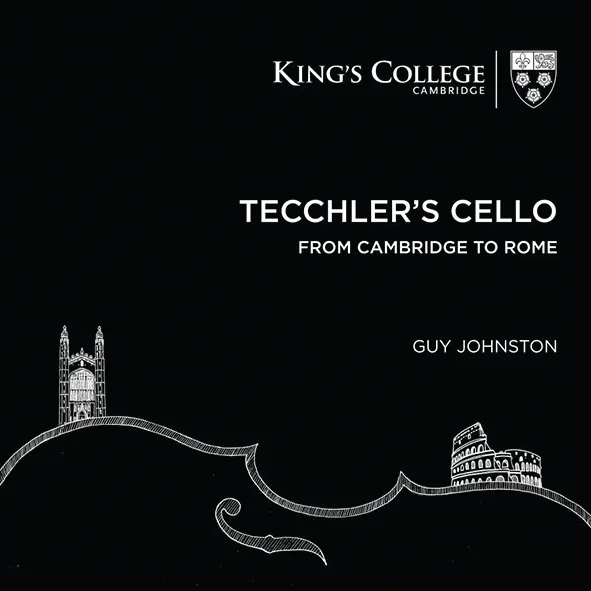
Tecchler's Cello: from Cambridge to Rome Works by Beethoven, Barrière, Gjeilo, D Matthews, M Simpson, C Bray and Respighi Guy Johnston (cello); with Magnus Johnston (violin), Sheku Kanneh- Mason (cello), Tom Poster (piano); Orchestra Dell’Accademia di Santa Cecilia/Carlo Rizzari; Choir of King’s College, Cambridge/Stephen Cleobury King's College KGS0026
At one level ‘Tecchler’s Cello’ is about an instrument and the three works its current custodian Guy Johnston commissioned for its tercentenary. The project also has elements of an autobiography whose narrative accounts for a distinctly singular approach to programming. Improbably, most of the segues just about work, even if the Respighi Adagio con variazioni proves something of a jolt after Charlotte Bray’s bracing Perseus. Yet with the exception of Beethoven’s Ghost Trio – despatched with a visceral, no-holds-barred brio – the specially commissioned pieces far outshine the autobiographical interlopers.
The Beethoven is linked with the Hatfield House Chamber Music Festival Johnston established in 2012, while a cello-embroidered O Magnum Mysterium by Gjeilo recalls his time as a chorister at King’s College Cambridge. Barrière’s amiable Sonata for Two Cellos in G major unites him with fellow BBC Young Musician of the Year Sheku Kanneh-Mason. It’s a delectably nuanced performance, capped by a finale brimming with frothy filigree delight.
Respighi brings the Tecchler’s journey full circle to its birthplace in Rome, but even Johnston can’t disguise the piece’s shortcomings. However, he meets the challenges of the ‘newbies’ magnificently. Immaculate intonation is combined with an expressive palette ranging from warm fullness of tone in David Matthews’s Ein Celloleben, an ingenious historical conspectus, to the spectral, half-whispered trills at the end of Mark Simpson’s Un Regalo, and an interpretive acuity that illuminates the obsessive elements of Bray’s darkly brooding Perseus.
Paul Riley